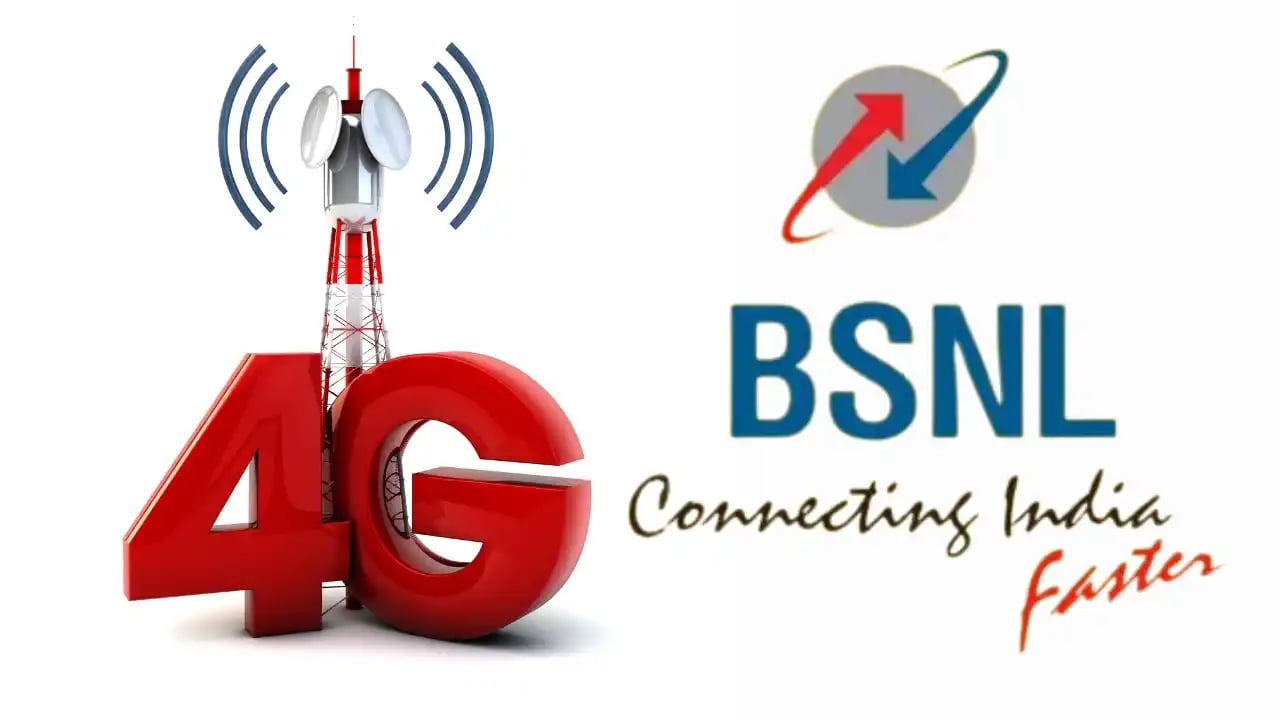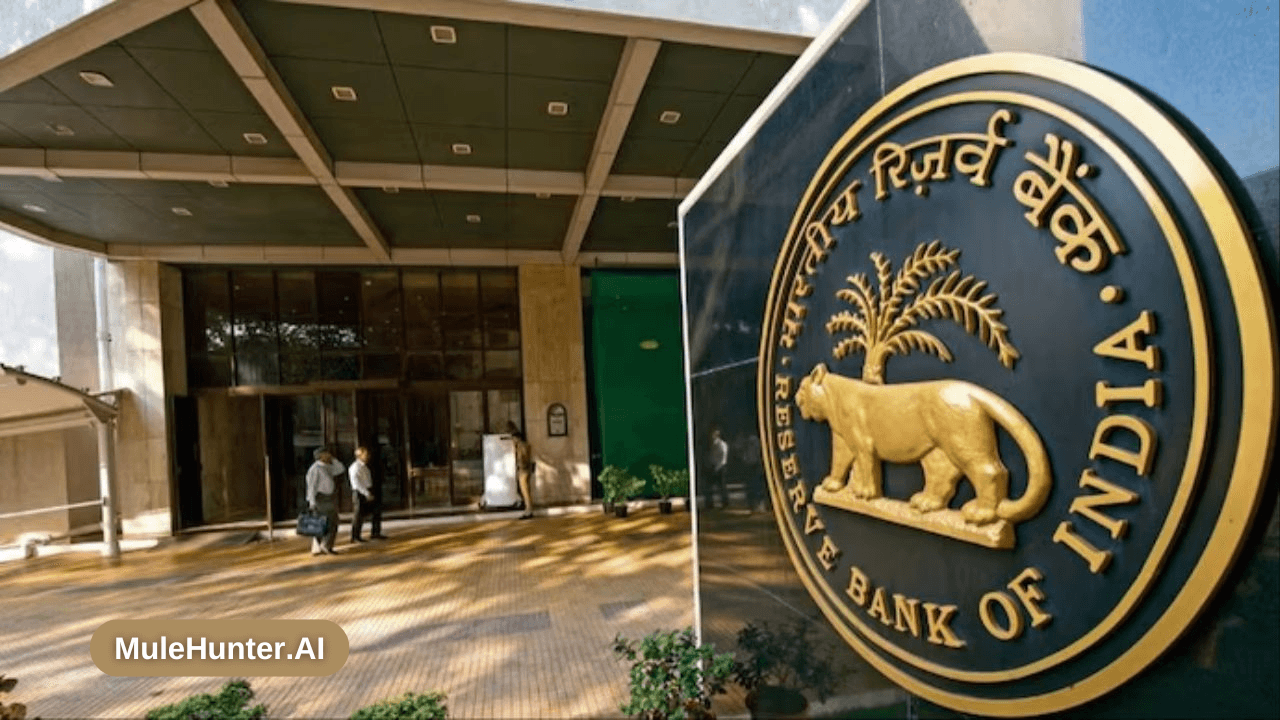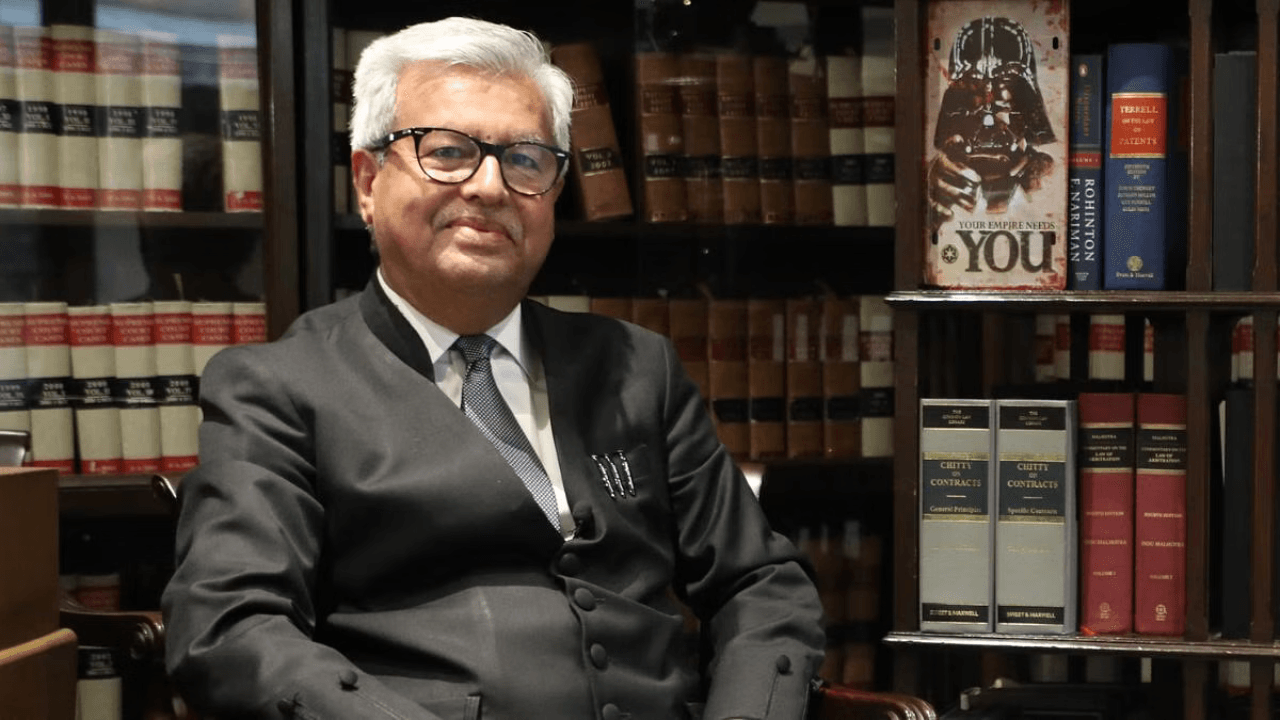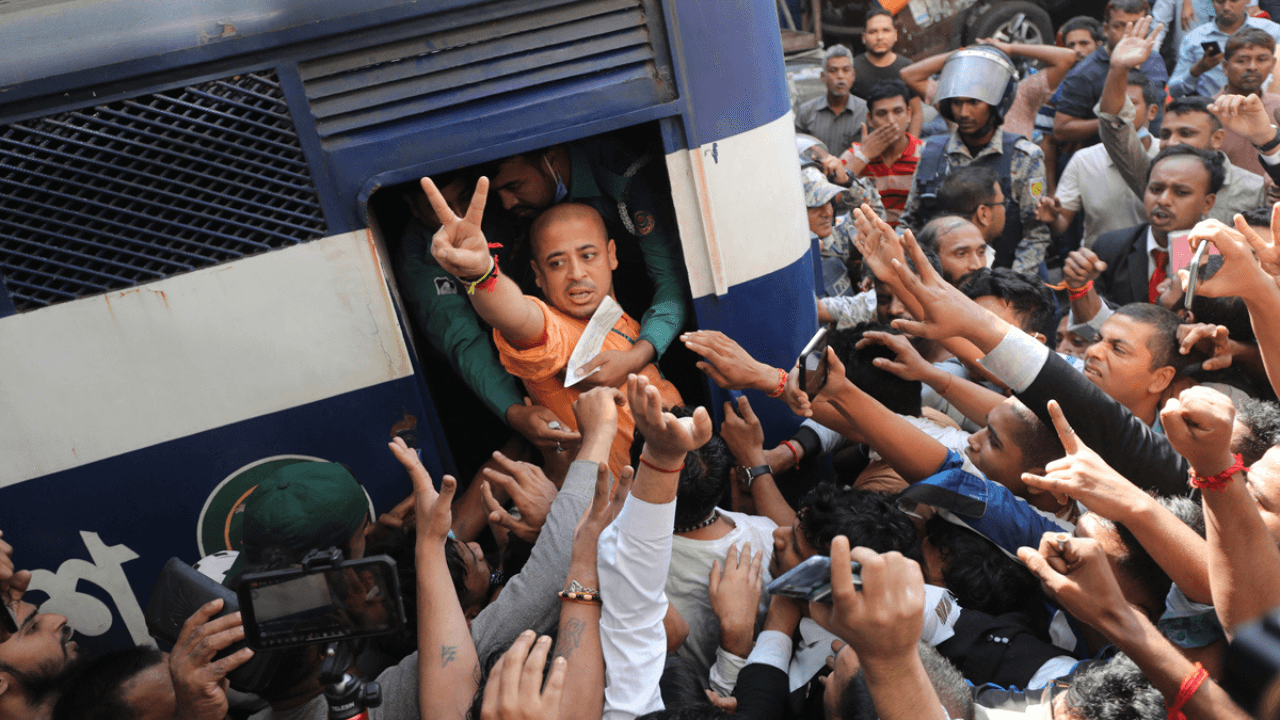Bharat Sanchar Nigam Limited (BSNL) intends to roll out 4G services nationwide beginning in August, utilizing completely homegrown technology in line with the government’s ‘Atmanirbhar’ policy.
In the trial phase, BSNL officials attained peak speeds ranging between 40 and 45 megabits per second on the 4G network, utilizing the high-quality spectrum bands of 700 megahertz (MHz) and 2,100 MHz.
In Punjab, BSNL has already commenced 4G services by leveraging domestically developed technology from IT company TCS and a consortium led by state-run telecom research organization C-DoT. Currently, there are approximately 800,000 subscribers availing these services.
The core network, as defined by the telecom regulator Trai, encompasses hardware, devices, and software essential for providing telecommunications services, playing a vital role in this initiative.
BSNL has allocated contracts valued at approximately Rs 19,000 crore to TCS, Tejas Networks, and the government-owned ITI for the rollout of the 4G network, which is designed to be scalable for potential future upgrades to 5G technology.
In a recent earnings call, Tejas Networks’ Executive Director and COO, Arnob Roy, emphasized the ongoing deployment of BSNL’s mobile network across different zones. This involves integrating equipment with the existing core infrastructure where the C-DoT core is not yet accessible.
BSNL is presently in the midst of establishing 112,000 towers to support 4G and 5G services throughout India.
According to a BSNL official cited in the report, “The company has already erected over 9,000 towers nationwide for 4G services, with more than 6,000 towers operational in Punjab, Himachal Pradesh, UP West, and Haryana circles.”
It’s worth noting that BSNL has been providing 4G-capable SIM cards for the past 4-5 years. Customers who possess older SIM cards will need to upgrade them to avail of the enhanced services.












